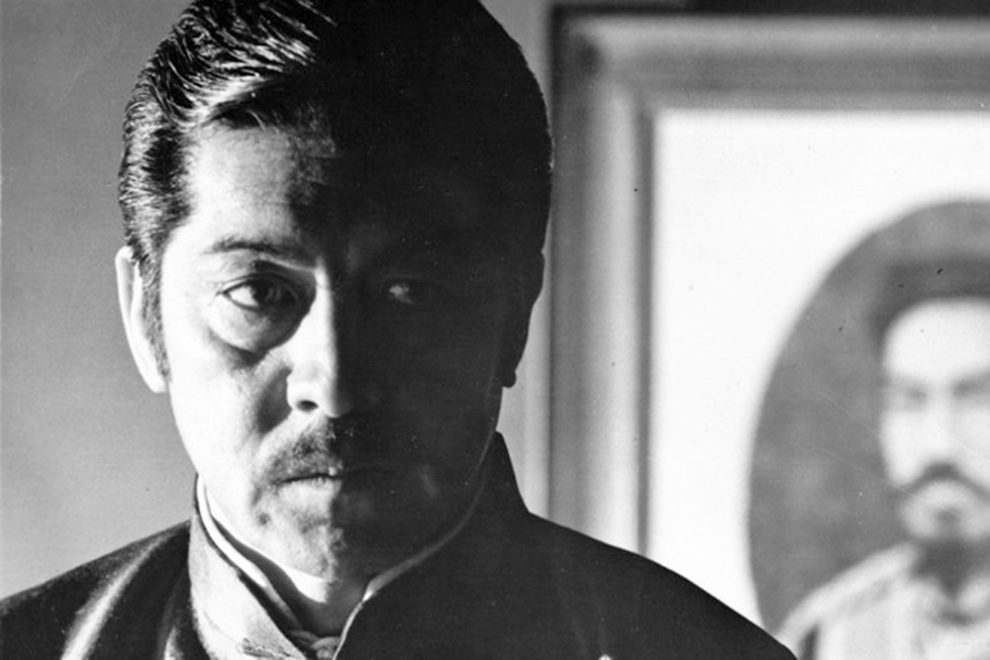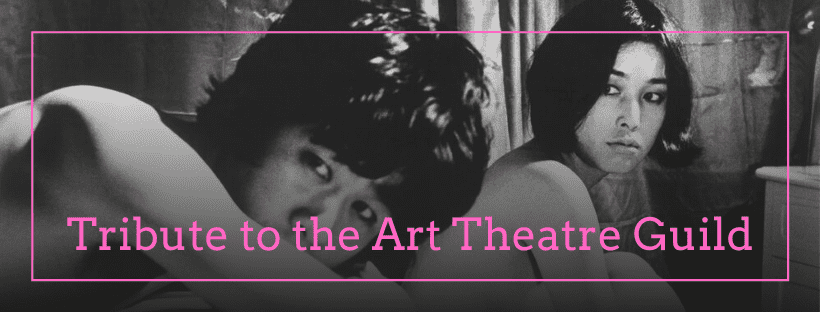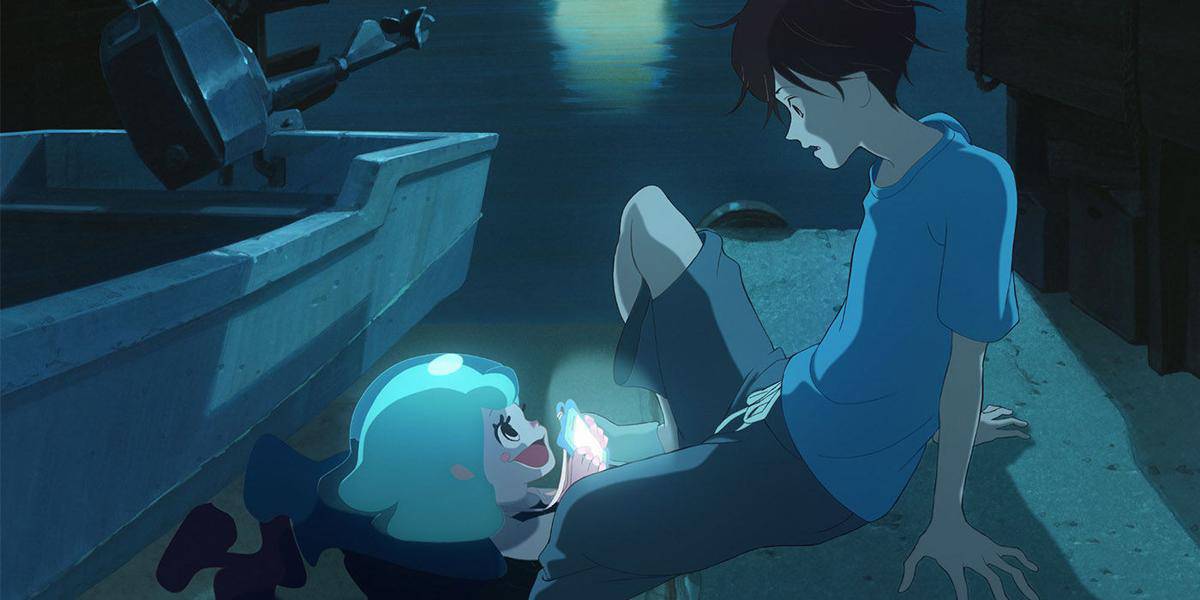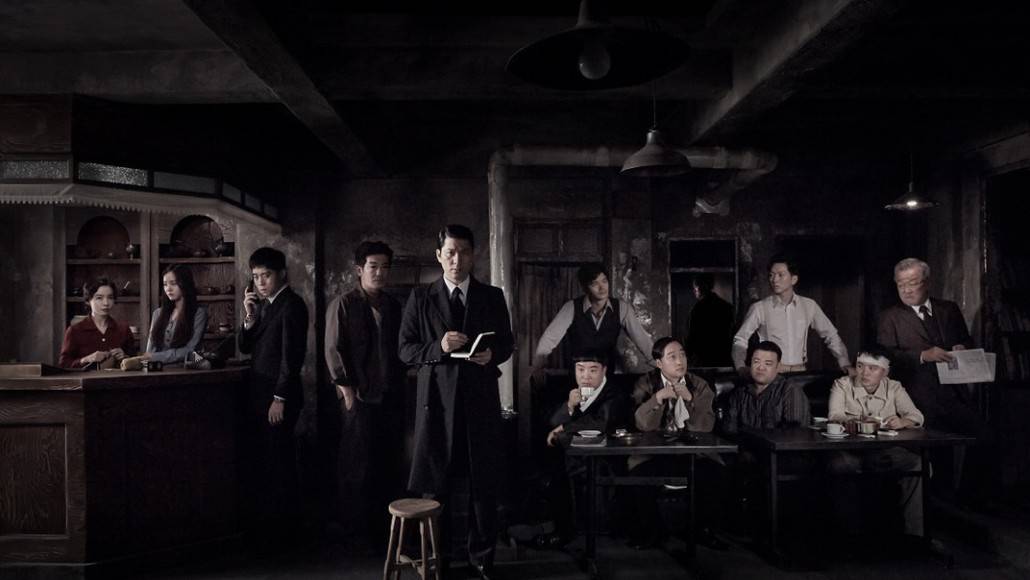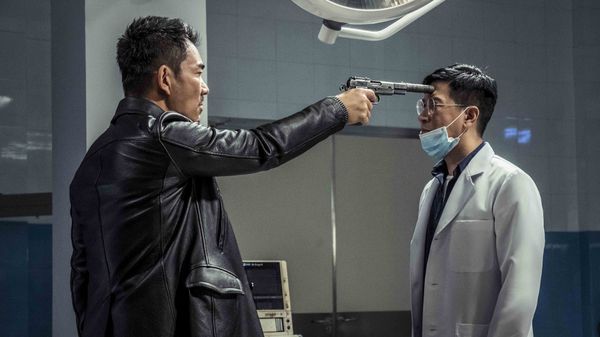After “Confessions Among Actresses”, director Kiju Yoshida returned to his political trilogy with “Coup d'Etat”, an account of the attempted overthrow of the Japanese government on February 26, 1936. Similar to the other entries of the trilogy”, “Eros + Massacre” and “Heroic Purgatory”, this final feature was also inspired by true events and a historical figure, in this case ultra-nationalist author Ikki Kita, but is quite a diversion, aesthetically and narratively, from the other parts of the trilogy. In an introduction filmed in 2008, the director explains how the event plays a decisive role when it comes to understanding the way Japan developed towards a more nationalist and ultimately militarist power, which sparked its involvement in World War II, but also paved the way for the protest movement of the 1960s, events he portrayed and referred to in the other features of the trilogy.
Buy This Title
on Amazon

After the suicide of his brother, who, before killing himself, assassinated a representative of a financial organization, author Ikki Kita (Rentaro Kitamura) is both irritated and inspired by the events. However, the event and the encounter with the reaming heads of the company inspire him to put into practice the master plan of overthrowing the government, an idea he had introduced in his work “Outlaw Plan of Reorganization”, which resulted in him and his family being observed by the Secret Police. Despite some resistance and private problems, he quickly gathers people around him, some of which former soldiers or members of the military hierarchy, more than willing to support his ideas.
As his ideas seem to inspire more and more people around him, not only does the Secret Police increase their surveillance of the author, Kita himself starts to have issues of his own. Beside the quarrels with his wife Suzu (Yasuyo Matsumura) about her being without child and how he has become too preoccupied with his theories than with his family, a soldier (Yasuo Miyake) also seeks solace and spiritual guidance from the intellectual. With the coup d'etat approaching, his family and colleagues observe the once so calm author becoming more paranoid, even questioning whether his plan might actually work in practice, and if the Emperor will actually see the opportunity he and his followers have given him.
In the aforementioned introduction to the feature, Yoshida explains his own connection with the events of February 1936 and how they relate to the tumultuous 1960s and early 1970s. Whereas “Heroic Purgatory” offers a skeptical view on whether the socio-political changes the youth of the previous decade had fought for would have a lasting effect in the years to come, “Coup d'Etat” goes back in the past to explore Japan's history, possible reasons for the kind of social unrest, while also presenting a psychological profile of the nation. In a way, “Coup d'Etat” seems more a precursor to features like Paul Schrader's “Mishima: A Life in Four Chapters”, even though Yoshida is less interested in Kita's actual work and more in the historical events and their course, whereas Schrader also explored the literary works of author Yukio Mishima. However, both characters, Mishima and Kita, have become somewhat absorbed by the reality of their theories and ideas, lost to any kind of self-reflection and how their ideology may spark even more violence than unity.
In comparison to the other entries in the political trilogy, “Coup d'Etat”, as mentioned before, is far more linear, while also highlighting its director's skill when combining aesthetics with content. Much like his work in “Heroic Purgatory”, cinematographer Motokichi Hasegawa frequently portrays characters from a slightly odd angle, almost exclusively off-center, resulting in a fitting mirror of their inner turmoil. In combination with Rentaro Kitamura's lead performance, this approach offers a unique key in understanding the emotional and psychological development of the character, whose predilection towards masochism, self-harm and self-loathing leads to a rather problematic image of certain social tendencies Kita symbolized in the eyes of many. Additionally, the music by composer Toshi Ichiyanagi emphasizes the aforementioned development of the character and his surroundings, from a certain calmness, highlighted by beautiful piano music, changing into disorder, stressed through psychedelic, chaotic themes.
In conclusion, “Coup d'Etat” is a fascinating feature about the events of February 1936, and their possible connections to the sociopolitical development of Japan. Kiju Yoshida combines a more traditional narrative approach with an aesthetic and performances highlighting problematic tendencies within the character of a nation and its relationship to its past.


